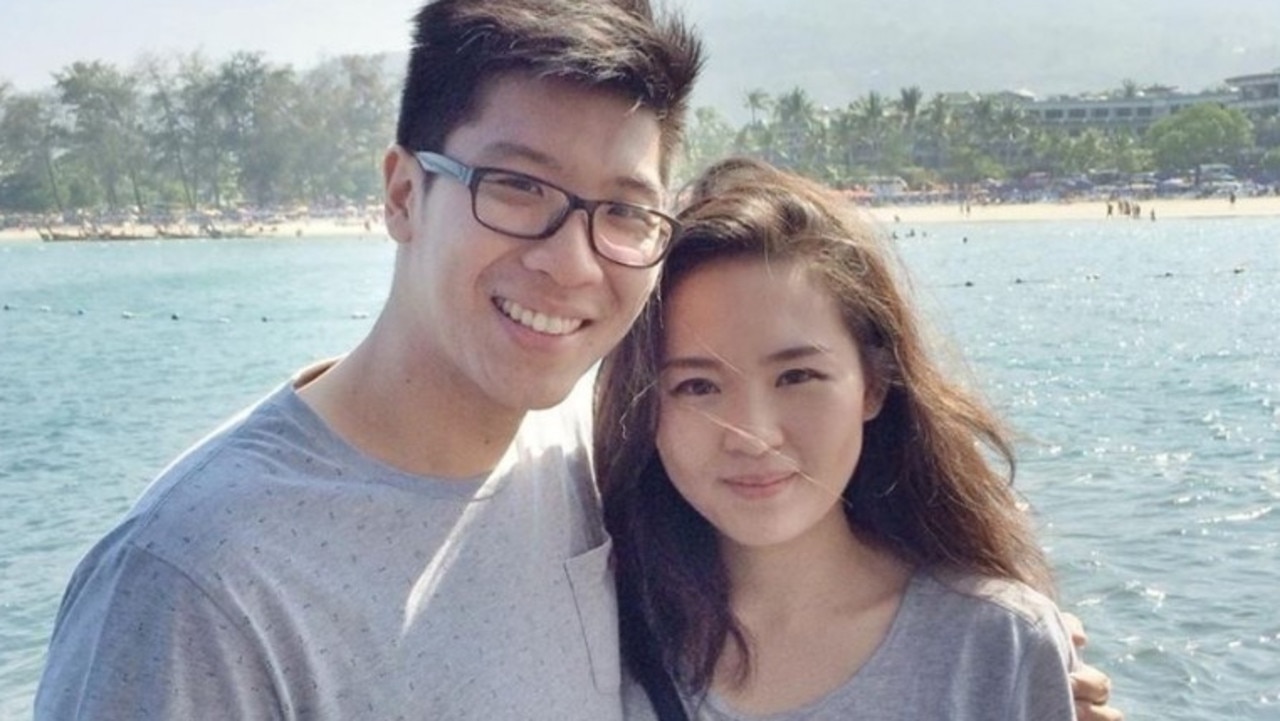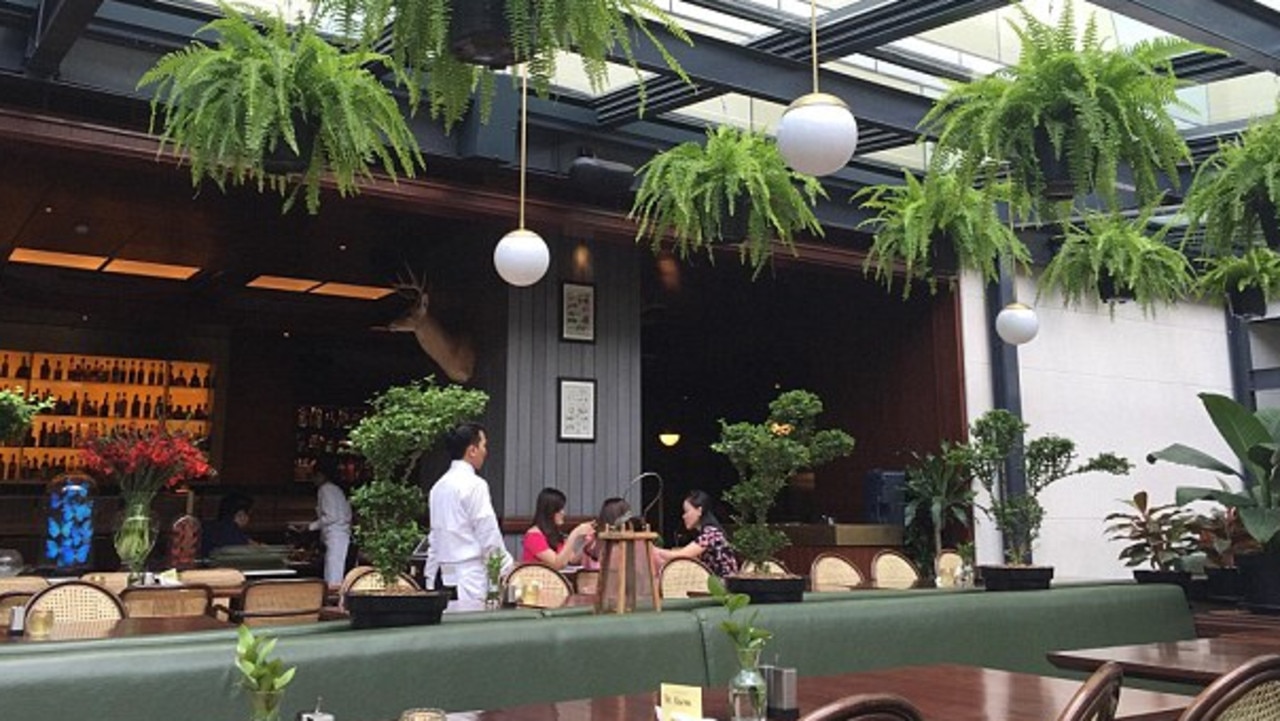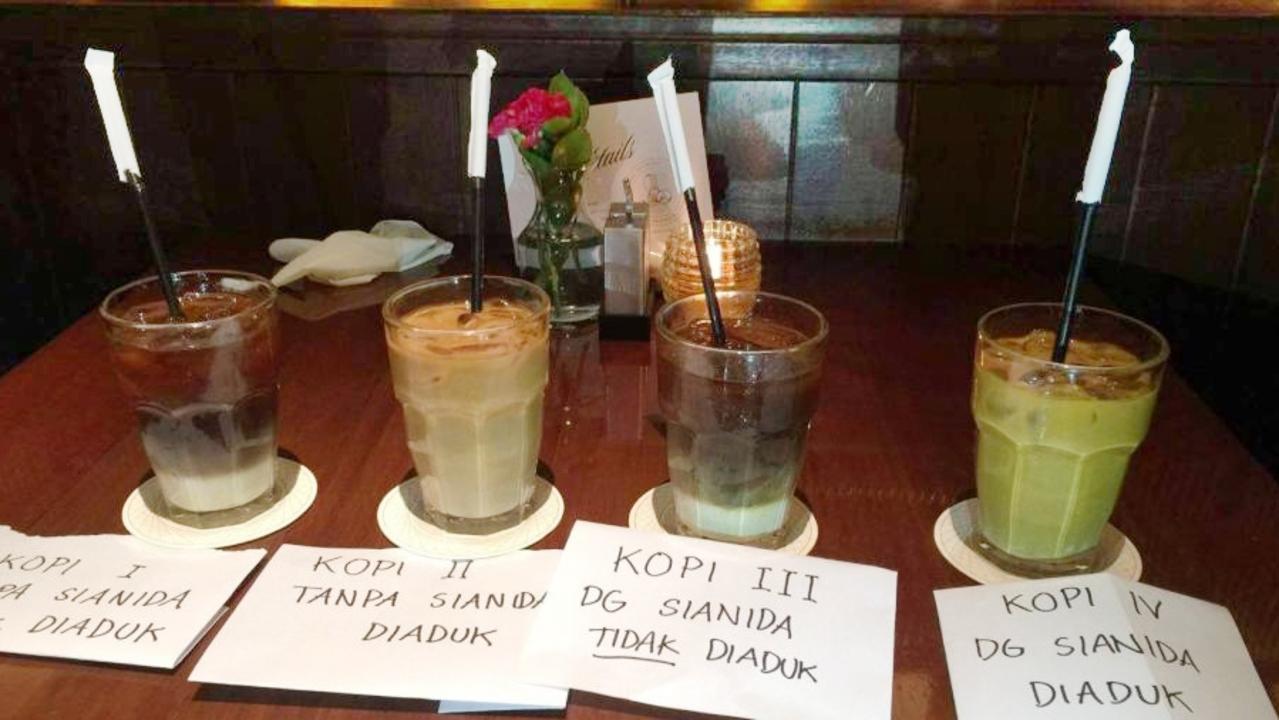Iced coffee killer Jessica Wongso’s big move after Netflix doco
A Netflix documentary of Aussie resident Jessica Wongso’s murder conviction has highlighted a big hole in the case.
TV
Don't miss out on the headlines from TV. Followed categories will be added to My News.
Convicted murderer and Australian permanent resident Jessica Kumala Wongso is reportedly planning a new legal challenge following the airing of the Netflix documentary Ice Cold: Murder, Coffee and Jessica Wongso which has propelled her case back into the spotlight.
Indonesian national Wongso was sentenced to 20 years in prison back in 2016 by a Jakarta court, after a panel of judges found her guilty of the premeditated murder of her friend, 27-year-old Mirna Salihin, who collapsed and died after the two met for drinks.
The judges found that evidence showed that Wongso had spiked her friend’s Vietnamese iced coffee with the powerful poison cyanide when the two met, along with another friend, at the upscale Olivier Cafe at the glitzy Grand Indonesia shopping mall in Jakarta.

Speaking on condition of anonymity due to the sensitive nature of the case, a source close to Wongso’s family told news.com.au that Wongso was now turning her attention to fresh legal challenges that could see her released from prison.
“She is focusing on all and any legal efforts that could reopen her case,” they said.
Wongso and Salihin studied together at the Billy Blue Design College in Sydney before Wongso went to work as a graphic designer for NSW Ambulance.
The then 27-year-old Sydney resident had travelled to Indonesia on holiday when the murder of Salihin occurred.

Yet even at the time of her conviction in 2016, questions were raised about Wongso’s guilt and the handling of the case by the Indonesian authorities.
Speaking to news.com.au, Simon Butt, a professor of Indonesian Law at the University of Sydney Law School, said that he did not think Wongso had received a fair trial.
“Indonesia has the presumption of innocence, on paper at least. But it does not have sub judice laws [when something is under judicial consideration and therefore prohibited from public discussion elsewhere], and the media was therefore free to air prejudicial coverage, including of her re-enacting the crime scene at the very cafe, while wearing prison uniform,” he said.
“People publicly discussed whether they thought she was guilty or not and, for long periods during her trial, many people thought she was. I think this may have created an expectation of conviction, which the judges may have felt they could not ignore.”


Another troubling component of the case was whether a murder even occurred, as Salihin’s body was only partially autopsied, and samples taken 70 minutes after her death found no traces of cyanide in her system. While a lethal dose of cyanide is between 50 and 176 mg, only 0.2 mg of cyanide was found in samples taken from Salihin three days after her death according to the new Netflix documentary.
According to law professor Butt, the lack of a full autopsy and other procedural issues cast a veil of doubt over the whole case.
“We cannot even say for sure that Salihin died from cyanide poisoning, and there were real questions about the handling of the evidence, and even whether the coffee the police checked for cyanide was the coffee Salihin drank,” he said.
“It is not beyond the realms of possibility that it was tampered with at some stage, although that was never proved. After all, the cafe staff also tried the coffee Salihin drank, but they did not die.”

At Wongso’s original trial in 2016, three Australian experts also testified that they did not believe that Salihin had died from cyanide poisoning.
Arif Maulana, the deputy head of the advocacy and networking division of the Foundation of the Indonesian Legal Aid Institute, echoed these sentiments.
“The police didn’t properly answer the question of whether Salihin died from cyanide poisoning or not, and they could have asked for a full autopsy to be conducted,” he said.
Following Salihin’s sudden death, a full autopsy never took place due to the religious views of her family who lobbied against it, even though autopsies are under the authority of the police in Indonesia.
“There were also a number of other issues with the case, including not calling witnesses to the stand at the trial, despite the police interviewing them,” Maulana said.
“There needs to be more control over the investigation process at a police level in Indonesia to make sure there is enough evidence for someone to be charged with a crime by the Prosecutor’s Office. The police have a lot of power in Indonesia, which was demonstrated in this case.”


Speaking to the Indonesian media, following the airing of the Netflix documentary, Wongso’s lawyer, Otto Hasibuan, said that he was preparing a judicial review of her case and had “a new weapon” which would form the basis of the legal challenge.
Under Indonesian law, a judicial review is a form of appeal that can take place if there is new evidence or a judicial error presented in a case. Wongso previously filed a judicial review back in 2018 which was rejected by Indonesia’s Supreme Court which upheld her 20 year sentence.
Hasibuan did not respond to repeated requests for comment by news.com.au regarding Wongso’s case and the details of the new judicial review.
Maulana said that, despite strong public sentiment following the Netflix documentary, Wongso’s sentence cannot be considered unjust until there is a new verdict made to overturn it.
“Until we have a different decision, we have to accept it, at least in the formal sense,” he said. “But in a substantive sense, there need to be checks and balances.”
“Indonesia has the presumption of innocence, but in this case it seemed from the outset that there was a presumption of guilt.”
Aiyah Llewellyn is a freelance journalist based in Indonesia.
Originally published as Iced coffee killer Jessica Wongso’s big move after Netflix doco








